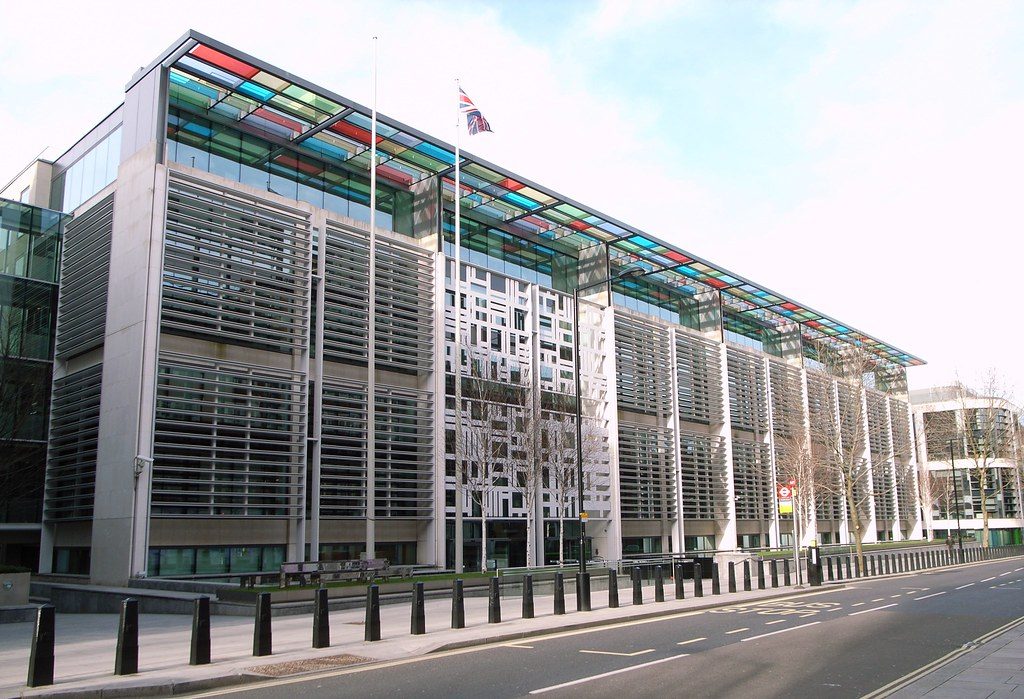Last Friday (June 28), the Home Office conceded that its policy to limit support provided to victims of trafficking and slavery was unlawful.
The Home Office is obliged to support victims under the Trafficking Convention, which the UK is signed up to and came into force in 2009, and outsources these responsibilities to the Salvation Army.
Article 12 of the Trafficking Convention provides that support measures shall be necessary to assist victims in their physical, psychological and social recovery. This support is hugely important to victims of trafficking and slavery, who often have intensive support needs stemming from their traumatising experiences.
Many victims have severe mental health issues and find it very difficult to go about their day-to-day lives. For these victims, recovery cannot be set on a strict timeframe and the loss of support can lead to deterioration in mental health, destitution and an increased risk of re-exploitation by traffickers.
Home Office Admission Comes After Legal Challenge From Two Victims

The Home Office in London. Image credit: Steve Cadman/Flickr
Two trafficking victims, NN and LP, brought a legal case to challenge the Home Office policy to limit support and assistance. NN and LP received conclusive decisions that they are victims of trafficking on 1 February and 30 January respectively. NN was trafficked from Vietnam and forced to cultivate cannabis, while LP was trafficked from Albania and subjected to sexual exploitation. Both heavily rely on the assistance that they receive from their support workers. NN has been diagnosed with PTSD while LP said that she was scared she would have a mental breakdown and that would affect her ability to care for her daughter if support was withdrawn.
Human rights mean looking after the most vulnerable, and protecting them from future harm. The Home Office policy of 45 days’ post-identification support had no scientific basis behind it.
However, shortly after being told that they had finally been conclusively recognised as victims of trafficking, NN and LP were told that the support they relied on must stop after 45 days. This was not uncommon – this was Home Office policy. When NN and LP’s case was before the Court in April, support organisations gave evidence as to the great anxiety that the sudden cessation of support causes among victims of trafficking and slavery. This 45 day limit was arbitrary and not at all based on the needs of individual victims.
The Courts Are “Necessary” To Hold Government To Account Over Human Rights

Image Credit: Mitch Lensink/Unsplash
Finally, last Friday, the Home Office settled NN and LP’s claims (halting the court proceedings) and conceded that its policy was unlawful. It has instead committed to building a new system of support which will be based on individual needs. This has to be right. How can you fulfil your obligations to support such a vulnerable group of individuals by setting strict timeframes? In practice, support organisations were not being given the time that they needed to truly help victims recover.
Human rights mean looking after the most vulnerable, and protecting them from future harm. The Home Office policy of 45 days’ post-identification support had no scientific basis behind it. At the time it came into force this February, it was in fact an improvement on what was previously a 14 day time limit before support would cease – and a tepid response to charitable organisations in the sector which had been pointing out inadequacies of victim support for years. But improvements should not be celebrated where they still fail to protect the rights of the vulnerable. This, too, is an important example of how legal challenges through the courts are, sadly, sometimes necessary to hold the government to account in its obligation to protect human rights.







